The trade route between Iran and India has a long history, with both countries benefiting from close cultural and economic ties. Today, the need for efficient logistics and seamless freight forwarding solutions is more critical than ever as companies in both nations seek to capitalize on each other’s growing markets. For businesses shipping goods between Iran and India, choosing the right freight forwarder is essential to ensure compliance, reliability, and cost-efficiency. This guide covers everything from the types of shipping options available to regulatory considerations, key benefits, and how to choose the best freight forwarder for Iran-India trade.
Why Use a Freight Forwarder for Iran-India Shipping?
Freight forwarders are specialized logistics providers who manage the entire shipping process, from documentation and customs to warehousing and last-mile delivery. For international routes like Iran to India, an experienced freight forwarder is indispensable in handling:
Compliance with Import/Export Regulations: Both Iran and India have specific customs requirements, and an experienced freight forwarder can navigate these complex regulations with ease.
Cost Optimization: Freight forwarders negotiate with carriers to get the best rates, saving you money on logistics.
Logistics Coordination and Tracking: They streamline the shipping process by coordinating all transport modes and providing tracking updates for added transparency.
Risk Management: In the event of unforeseen issues like port congestion or customs delays, freight forwarders can offer alternative routes and quick resolutions.
Contact us to inquire about shipping rates.
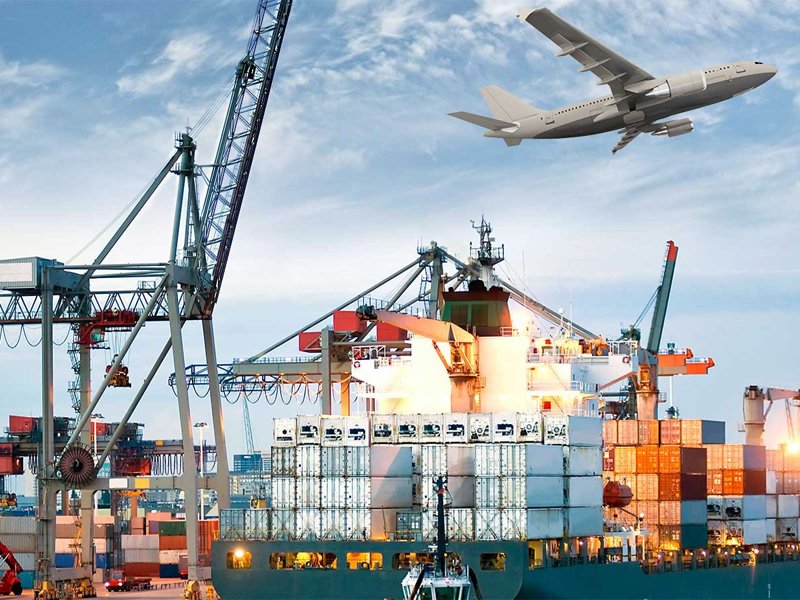
Shipping Options for Iran to India Trade
Choosing the right shipping method depends on several factors, including the nature of the goods, budget, and delivery requirements. Iran and India trade routes allow for a variety of transport options:
1. Ocean Freight
Ocean freight is the most common choice for large shipments between Iran and India, offering economical pricing for bulk cargo. Major ports such as Bandar Abbas in Iran connect to Indian ports like Mumbai, Mundra, and Chennai. Shipping by sea is especially suitable for goods that are not urgently required and can accommodate significant volumes, including containerized and bulk shipments.
Benefits of Ocean Freight:
Cost Efficiency: Ideal for large, non-urgent shipments.
High Capacity: Suitable for bulky and heavy goods.
Eco-Friendly Option: A lower carbon footprint compared to air transport.
Transit Time: Typically, around 10–15 days, depending on specific ports and weather conditions.
2. Air Freight
For urgent and high-value goods, air freight offers the fastest solution. Cargo flights operate between major Iranian and Indian airports, including Tehran’s Imam Khomeini Airport and Delhi, Mumbai, and Bangalore airports in India. While more expensive than sea freight, air shipping is essential for perishable items, electronics, and other goods where time-sensitive delivery is critical.
Benefits of Air Freight:
Speed: Goods reach their destination within days.
Safety: Lower risk of damage, especially for delicate or high-value cargo.
Reliability: Schedules are generally more consistent, with fewer delays.
Transit Time: Generally, between 1–4 days, depending on the specific routes and cargo requirements.
3. Land and Multimodal Options
For certain specialized needs, a combination of rail and road transport can supplement ocean or air freight. This multimodal approach may be used for inland shipments within each country, enabling goods to reach remote locations.
Benefits of Multimodal Transport:
Flexible Routing: Allows for efficient movement from ports to final destinations.
Cost Savings: Can reduce costs in cases where direct shipping to remote areas is less feasible.
Enhanced Coverage: Expands reach to locations not directly accessible by sea or air alone.
Essential Considerations When Selecting a Freight Forwarder for Iran-India Trade
When choosing a freight forwarder for shipping between Iran and India, businesses should evaluate the following:
Expertise in Iran-India Trade Regulations: Due to the unique trade policies and customs regulations in both countries, it’s crucial to work with a freight forwarder familiar with these specific requirements. They can prevent costly delays and ensure that your shipments remain compliant.
Network and Carrier Relationships: A reputable freight forwarder maintains strong relationships with major carriers and service providers, allowing them to negotiate competitive rates and secure space during peak seasons.
Digital Tracking and Customer Service: Look for freight forwarders who offer digital tracking options and reliable customer support to keep you informed throughout the shipment journey.
Comprehensive Service Offerings: An ideal freight forwarder should offer value-added services, such as warehousing, customs brokerage, cargo insurance, and specialized packaging, providing you with a one-stop solution.
Read more: Best Freight Forwarder Company in Iran
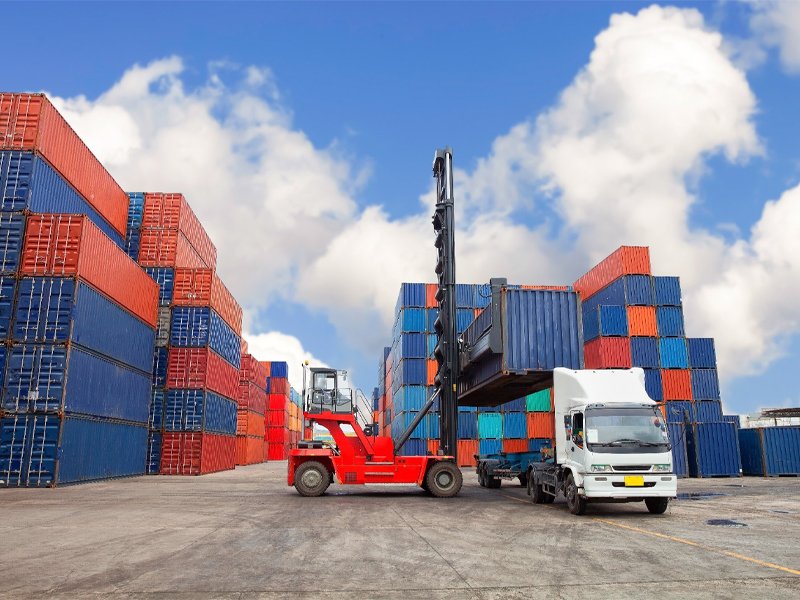
Documentation Required for Shipping from Iran to India
Shipping between Iran and India requires specific documentation to ensure compliance with customs regulations and import/export requirements. Key documents include:
Commercial Invoice: A document detailing the goods, prices, and transaction terms.
Bill of Lading (BOL): A contract between the shipper and the carrier, serving as proof of shipment.
Packing List: Lists all items included in the shipment, including weights, dimensions, and packaging details.
Certificate of Origin: Specifies the origin of the goods, often necessary to determine applicable tariffs.
Customs Declaration: A form required by both Iranian and Indian customs for import/export processing.
Each of these documents must be accurate and complete to avoid any issues at customs. A qualified freight forwarder can assist in preparing and managing this paperwork to minimize delays.
Benefits of Working with a Freight Forwarder for Iran-India Trade
Efficiency and Speed: Freight forwarders streamline the logistics process, allowing you to focus on your business rather than handling the complexities of international shipping.
Cost Savings: Through strategic route planning and strong carrier relationships, freight forwarders can offer competitive shipping rates.
Risk Reduction: By handling documentation, customs requirements, and insurance, freight forwarders help mitigate the risks associated with international trade, ensuring your goods reach their destination safely.
End-to-End Tracking and Customer Support: Many freight forwarders offer real-time tracking, allowing you to monitor your shipment’s status at every stage. Their customer support team can also assist with any issues or queries.
Flexible Shipping Solutions: From temperature-controlled transport for perishable goods to specialized handling for high-value items, freight forwarders offer tailored solutions based on the unique needs of each shipment.
Read more: Iran Shipping Company
Key Players and Port Connections in Iran-India Trade
Iran-India trade relies on a network of major ports and transport providers. Important Iranian ports like Bandar Abbas are crucial for exports to India, while Indian ports like Mumbai and Mundra play significant roles in receiving goods. Freight forwarders often coordinate shipments between these ports, optimizing transit times and cost.
The Future of Iran-India Freight Forwarding
As Iran and India continue to strengthen trade relations, the demand for reliable freight forwarding services is likely to grow. Projects like the Chabahar Port development, aimed at boosting regional trade, will further open up avenues for freight forwarding companies and provide more cost-effective and efficient logistics options.
For businesses in Iran and India, working with a freight forwarder remains the most effective way to manage the complexities of cross-border shipping. As both nations expand trade in sectors like energy, agriculture, and textiles, freight forwarders will play an integral role in facilitating this growth and supporting companies in tapping into new markets.
Conclusion
Freight forwarding is a vital part of the Iran-India trade route, offering businesses a streamlined, reliable, and cost-effective means of managing their shipments. By handling everything from route planning and carrier negotiations to customs documentation and tracking, a qualified freight forwarder ensures that goods reach their destination on time and in compliance with all regulations. For companies looking to optimize their supply chains and reduce logistical challenges, partnering with an experienced freight forwarder is an investment in efficient and sustainable growth in the dynamic and expanding Iran-India trade relationship.
FAQs
A freight forwarder offers end-to-end logistics management for shipments between Iran and India. Their services typically include arranging transportation (by sea, air, or multimodal), handling customs documentation, negotiating carrier rates, providing tracking updates, and offering risk management solutions. They may also provide warehousing, cargo insurance, and specialized packaging to ensure that goods reach their destination safely and on time.
When selecting a freight forwarder for Iran-India shipping, look for a company with expertise in Iranian and Indian customs regulations, established carrier relationships, and strong customer support. It’s beneficial if they offer digital tracking for transparency, competitive rates, and a full range of services to handle all aspects of the shipping process. Additionally, reviewing customer feedback and the freight forwarder’s track record with Iran-India shipments can help ensure a reliable and smooth logistics experience.

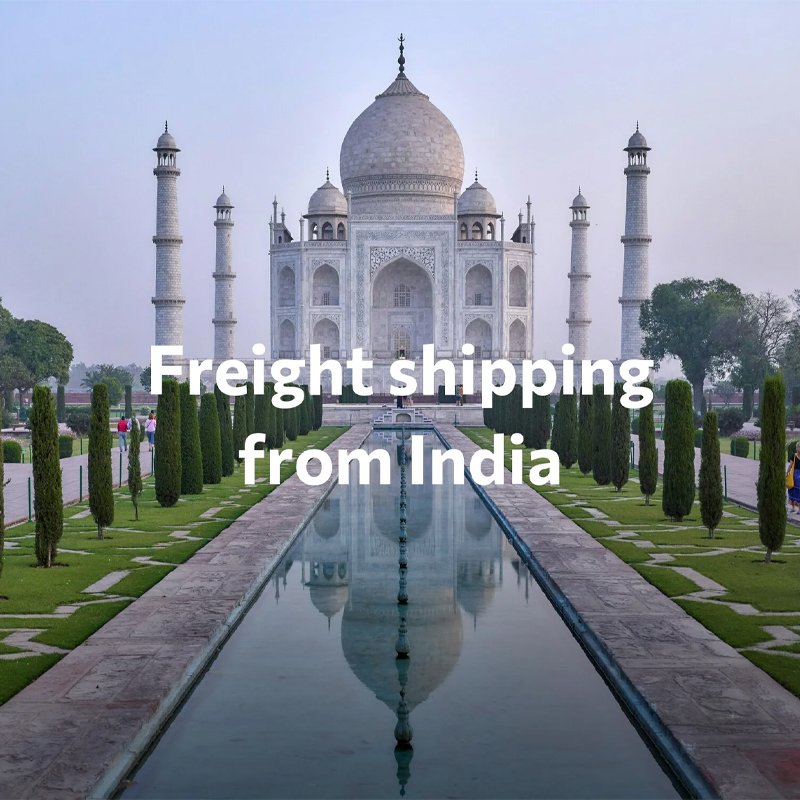

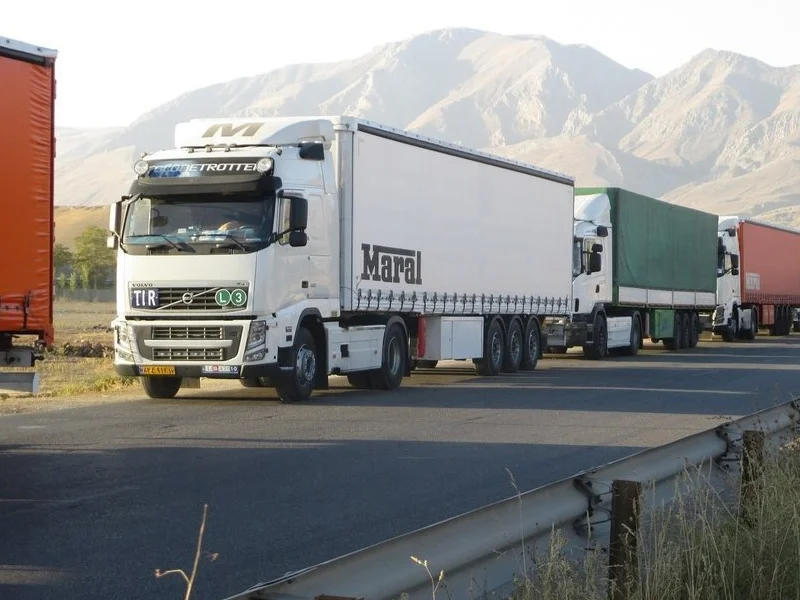
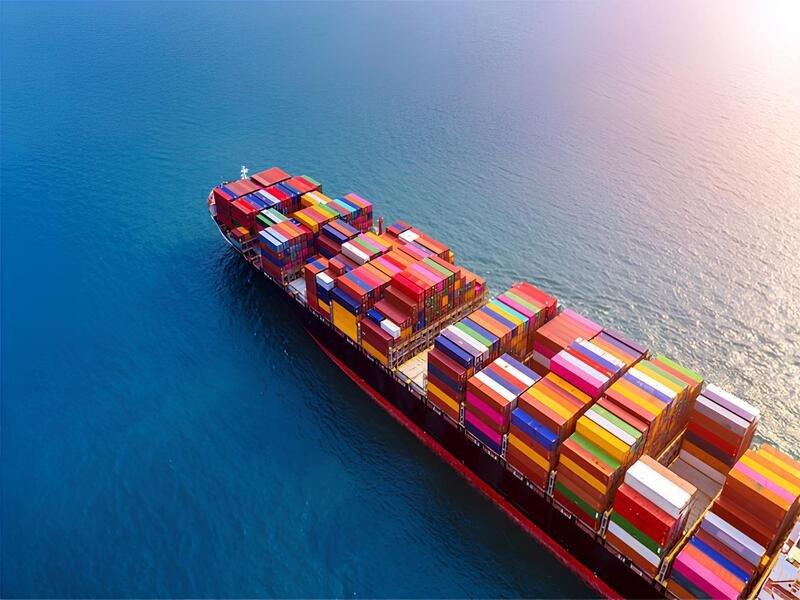
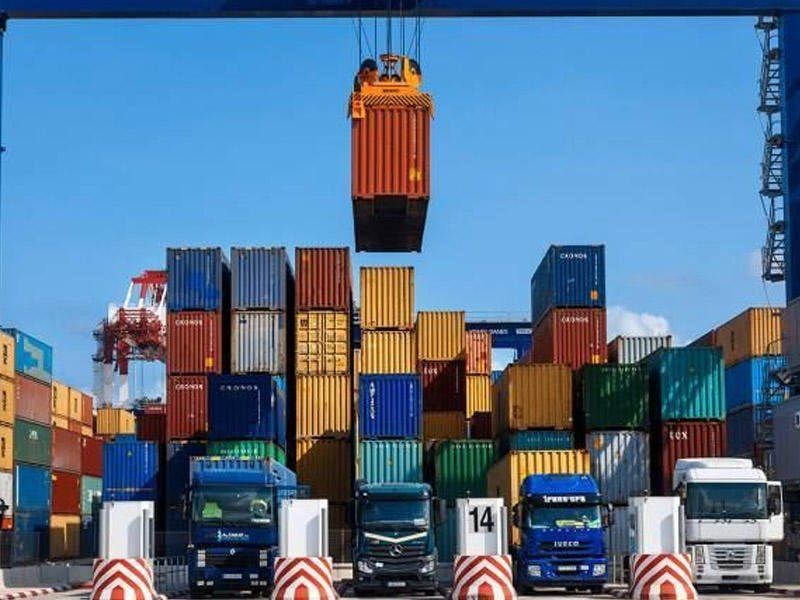
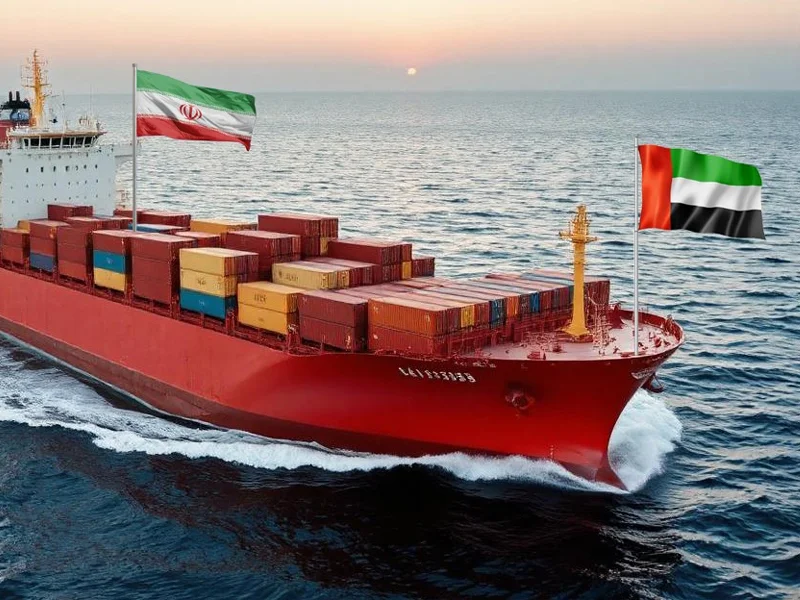
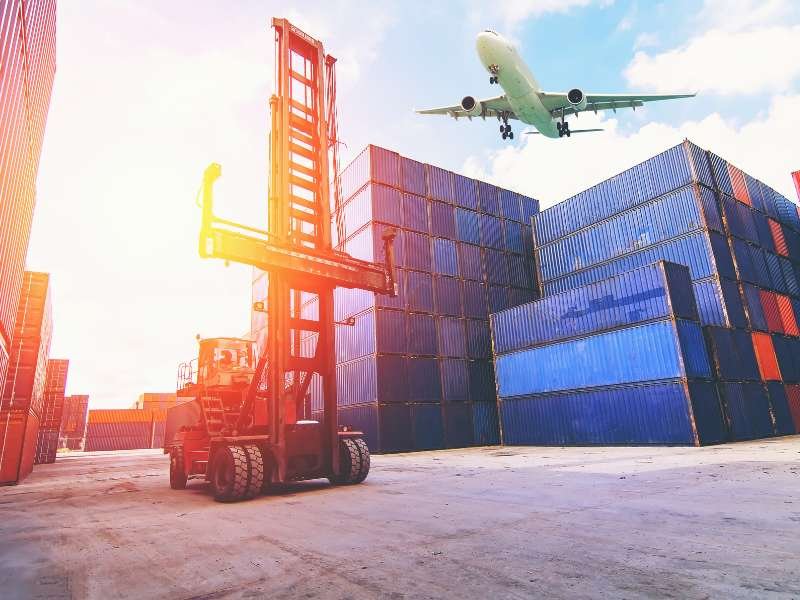


Recent Comments